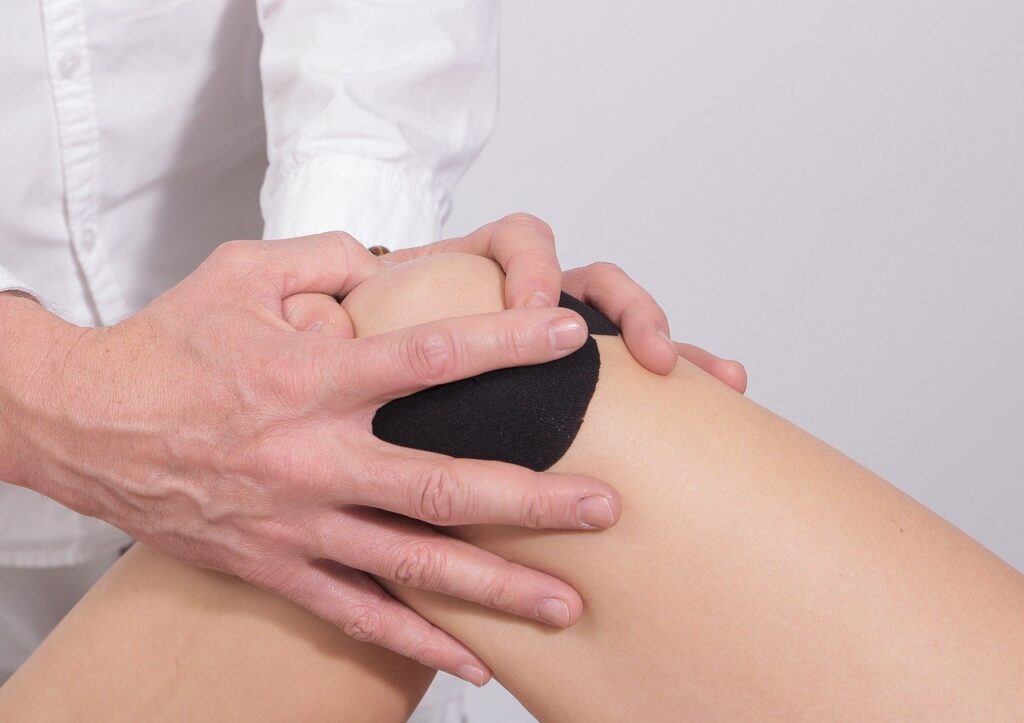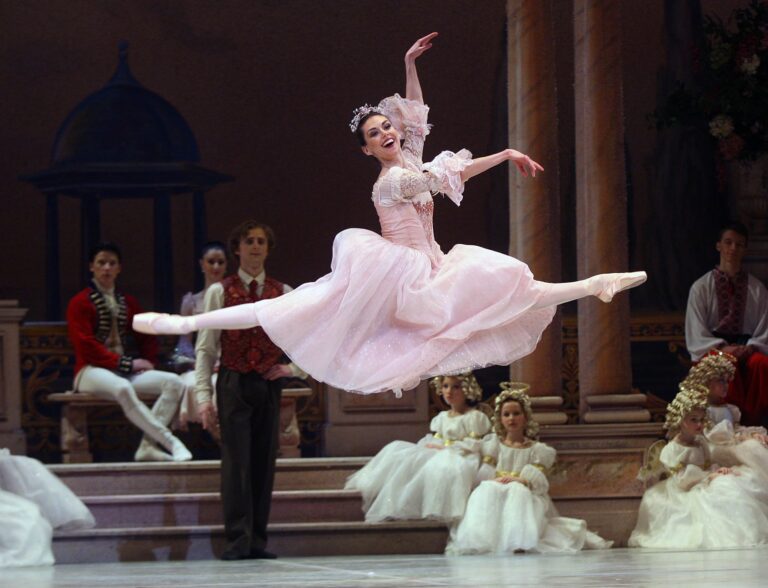Hey Doc, will running wear out my knees?
As a Sport Medicine Physician, this is one question that Dr Andy Reed gets asked a lot!
Patients also want to know if they should avoid running if they already have osteoarthritis (OA) of the knee.
In an article originally published in The Bow Valley Crag & Canyon, Dr Reed discusses the relationship between running and knee OA.
As a sport medicine doc in the Bow Valley, I see a lot of knees!
I haven’t looked at the numbers lately, but I would guess that around 50% of my patients on a daily basis have some sort of knee problem. A lot of the knees that I see in clinic are acute injuries – caused by twists, slips and skiing mishaps – meniscal tears, ACL ruptures, MCL strains and the like, but I also see a lot of atraumatic knee problems – pain that comes on more gradually, and without any obvious injury.

Sometimes these are overuse type problems – tendinitis, for example – caused by doing repetitive activities before your tendons and soft tissues can handle it.
These tendon problems are often caused by training errors – doing too much too soon; a lot of my patients with atraumatic knee pain, however, will have have osteoarthritis, a completely different issue.
Osteoarthritis in the knee occurs when the smooth articular cartilage lining the ends of our femur and tibia bones, begins to deteriorate, causing pain, swelling and stiffness, especially during and after strenuous weight bearing activity.
If you’ve had an injury to your knee in the past, or are overweight, then you would be considered at increased risk for the development of osteoarthritis. There is also a genetic component, and some people just seem to have cartilage that is more prone to wear out at a younger age.
A question I get all the time is whether running is bad for the knees, and whether the presence of osteoarthritis means I shouldn’t run.
It’s a great question, and there’s nothing I like more than to talk about running! Fortunately, experts have done a pretty good job of getting to the bottom of this question!
Firstly, there is really no good evidence that running will ‘wear out’ your knee cartilage in the first place. Studies of recreational runners, in fact, have found that running may well be protective, and sedentary individuals were actually at higher risk of developing arthritis.
I recently read a study showing that when non-runners begin a running program, their cartilage thickness initially did decrease, but if they keep up their running, by one year they had thicker cartilage than they started with, as measured by MRI!

If you do bicep curls, you’ll get big muscles, if you run, it seems you’ll develop more resilient knee cartilage. There is definitely a misconception out there that cartilage is inert, and slowly wears out over time, but you have to remember that it is a living structure, that can adapt and respond to the stresses it experiences.
If you already have established knee osteoarthritis, then the news isn’t all bad either, as studies again have failed to show that moderate joint loading, such as occurs with jogging and walking, does not lead to deterioration in articular cartilage thickness.
That doesn’t mean to say that you should throw caution to the wind and sprint down Ha Ling, but it should give those of you with mild arthritis in your knees some reassurance that recreational running is unlikely to do your knee any harm, and may in fact help preserve your knees.
If you are new to running, have a strong family history of knee arthritis, or are overweight, then start slowly and very gradually increase your running volume over several months; and if your knee doesn’t seem to tolerate running, have a chat with your doctor or physiotherapist, as there are lots of interventions that can be helpful.
See you on the trails!
Contributing expert

Dr Andy Reed, Sport Medicine Physician, Banff Sport Medicine







